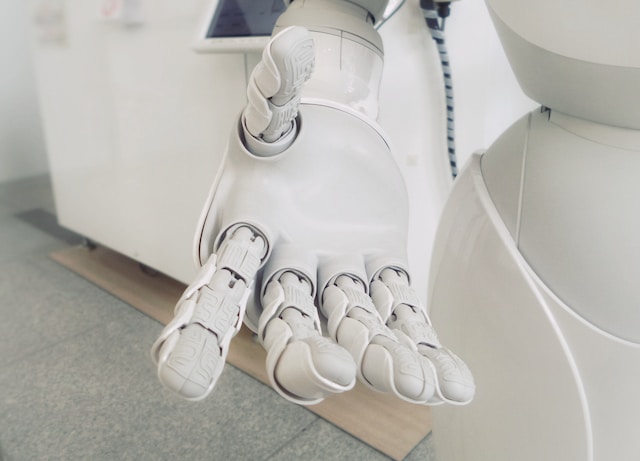Artificial Intelligence (AI) is rapidly transforming healthcare, and seniors are among those who stand to benefit the most. AI has the potential to improve diagnoses, treatments, and patient outcomes. While the positive impact of artificial intelligence is clear, many seniors still have concerns about the use of AI in their care.
Here are some of the main concerns shared among seniors, which healthcare executives must be aware of as they utilize technology to push their facilities into the future:
Loss of Human Interaction
One of the main worries that seniors have about AI in healthcare is the loss of human interaction. Many seniors value the personal touch that healthcare providers offer, and they worry that AI will make healthcare too impersonal. Seniors worry that they will be treated like a number rather than a person, and that their healthcare needs will be overlooked. This is why it’s even more important for healthcare staff to demonstrate their involvement in a person’s care, even with the support of technologies like AI.
Bias and Discrimination
Seniors also worry about bias and discrimination when it comes to AI in healthcare. AI algorithms are only as good as the data that is used to train them. If the data used to train an AI algorithm is biased, then the algorithm will also be biased. Seniors worry that AI algorithms may discriminate against them based on factors like age, race, or gender. Healthcare executives must ensure that any programs and platforms they use do not have a hidden bias towards anyone in their care.
Privacy and Security
Seniors are also concerned about the privacy and security of their personal health information. AI algorithms require access to vast amounts of personal health data in order to make accurate predictions and recommendations. Seniors worry that this data may be misused or stolen by hackers, putting their personal health information at risk. Cybersecurity will continue to be even more important in protecting sensitive information.
Lack of Understanding
Many seniors worry that they may not be able to understand how AI algorithms are making decisions about their health. AI algorithms are complex and can be difficult to understand, even for healthcare professionals. Seniors worry that they may not be able to make informed decisions about their health if they do not understand how AI algorithms work, so it’s important to transparently educate patients about how this technology works.
Reliability and Accuracy
Seniors also worry about the reliability and accuracy of AI algorithms in healthcare. While AI has the potential to improve diagnoses and treatment, it is not infallible. Seniors worry that AI algorithms may make mistakes, leading to misdiagnosis or incorrect treatment recommendations.
Cost
Finally, seniors are concerned about the cost of AI in healthcare. While AI has the potential to reduce healthcare costs by improving efficiency and reducing errors, it also requires significant investments in technology and infrastructure. Seniors worry that the cost of AI in healthcare may be passed on to them in the form of higher healthcare costs or insurance premiums.
Healthcare executives must work to address these concerns while ensuring that AI is used in a responsible and ethical manner. By doing so, we can harness the power of AI to improve the health and well-being of seniors and all patients.






